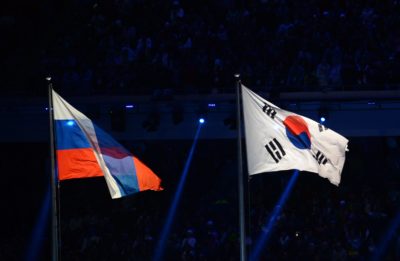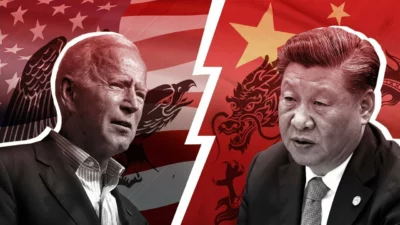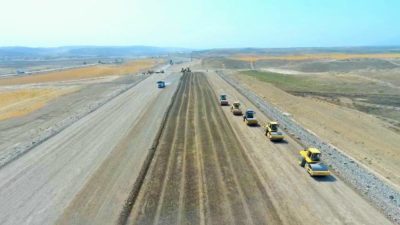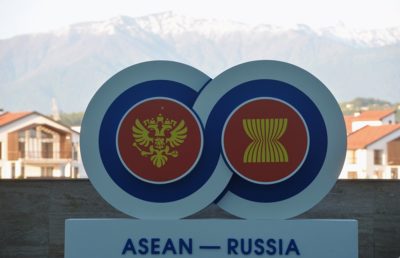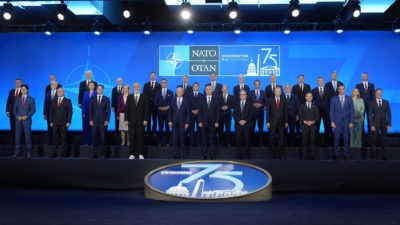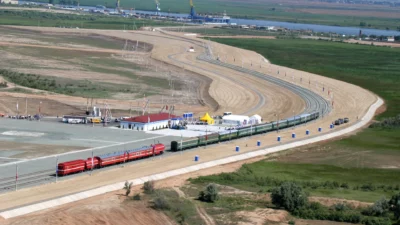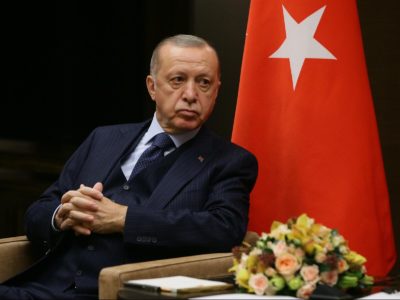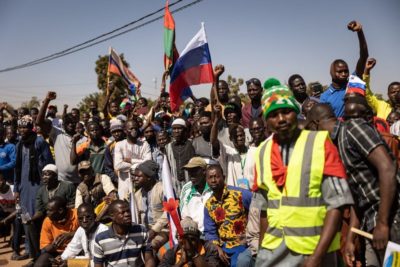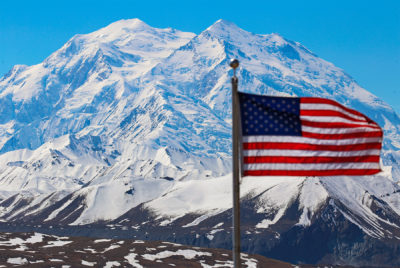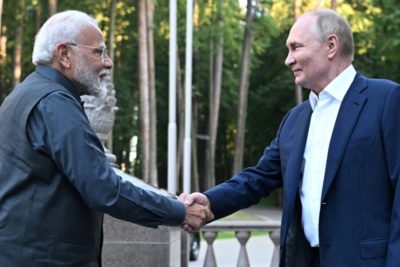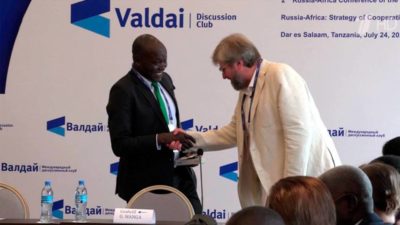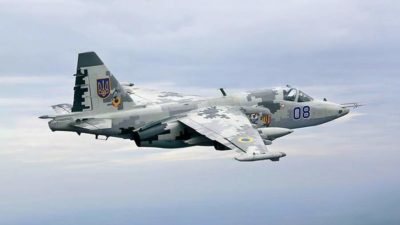Will Seoul cross Moscow’s red line?
On July 8, 2024, ahead of his visit to the US, South Korean President Yoon Suk-yeol gave an interview to Reuters, which caused some tension in the Russian expert community. Mr. Yoon said that the future of relations between the Republic of Korea and the Russian Federation will depend entirely on Moscow’s actions in relation to military cooperation with North Korea.
Subliminal Message from Beijing to Washington amidst the War Drums
Anger is a pyromaniac. Under its influence, we tend to provoke a reaction from our adversary, which serves as fuel to fan the flames, thus increasing the legitimacy of the angry inferno. The method is convenient for practicing accusatory inversion and making the one reacting to aggression the instigator of hell. Today, Washington is angry. The object of this anger is China’s spectacular rise to power, which is increasingly shaking the foundations and legitimacy of US domination of the world.
The idea of a ‘gas hub’ and the Zangezur corridor
International transport corridors (ITCs) are gaining independent geo-economic importance, where the transit of goods and passengers guarantees a constant source of profit, security and growth. The question lies in the routes and the combination of interests of project participants. What is attractive about the Zangezur transport and communications corridor?
Discussing a pan-Eurasian security architecture and new agreements on cooperation: results of Sergey Lavrov’s trip to Southeast Asia
The second half of July was marked by an important visit by Russian Foreign Minister Sergey Lavrov to Laos and Malaysia. Here Russia-ASEAN ministerial talks took place, as well as meetings of the foreign ministers of East Asian Summit members (EAS, the annual format of the ASEAN dialogue with external partners), the ASEAN Regional Forum (ARF, a less formal platform for discussing the most pressing problems in the Asia-Pacific region) and a number of bilateral meetings.
The Washington NATO Summit: A Council of War?
Besides Celebrating NATO’s 75th Anniversary, much more is going on behind the scenes, and the true agenda is NOT for public consumption. Already telltale signs are coming out in bits and pieces, as what is likely to be what is actually transpiring, and it is not good. The recent summit only confirmed what some of us already knew, and it is worse than expected, the summit was nothing other a display of weakness and desperation.
Pakistan 's approach and the North and South Corridor, challenges and vision
The International Transport Corridor (INSTC) was established in September 2000 by Iran, Russia, and India in St. Petersburg. The corridor expanded with the admission of 13 major corridor member countries such as Azerbaijan, Belarus, Armenia, Kazakhstan, Kyrgyzstan, Oman, Russia, Tajikistan, and Turkey. INSTC connects India to the Caspian Sea, Russia, and Northern Europe through Iran. By bypassing the Suez Canal, INSTC is 40% shorter and 30% cheaper than traditional routes in terms of distance and time.
Turkish revanchism and the role of the UK
With the support of the United Kingdom, Turkey is actively developing a revanchist policy within the framework of the doctrines of non-pan-Turanism and neo-Ottomanism, which is not being met with opposition from the US and EU. At the same time, Ankara is trying to take advantage of anti-Russian pressure from the West and Moscow’s preoccupation with the Ukrainian crisis.
Alliance of Sahel States and interaction with Russia and Türkiye
The contemporary multipolar world is all the more interesting because current events continue to create surprises for the Western planetary minority and those nostalgic for the unipolar era. In the context of these events, numerous reconfigurations of alliances and various types of interaction are observed. One example is the Sahel region, where Russia and Türkiye support countries that have largely thwarted Western interests. With an increasingly overt interaction.
Washington’s new Arctic Strategy promises Militarization
Shaped by the existing geopolitical dynamics, the Arctic region is coming under a lot of pressure from global powers. Russia and China, on the one hand, are seeking to integrate this region via what China calls a “Polar Silk Road” – something that would make the region’s fossil fuels accessible worldwide. But the US is increasingly worried about these developments. It primarily sees these developments from a zero-sum perspective, with any gains that the Russia-China duo makes directly…
Ignoring Washington, India Embraces Russia and Multipolarity
Despite Washington’s concerns – and even warnings of consequences – it has not been able to wean New Delhi away from Russia. Instead, India has decided to deepen its ties with Russia. On the one hand, India’s alliance with Russia not only allows the former to maintain a balance between Russia and the US, but an alliance with Russia also comes with another critical benefit. With Russia being a vocal supporter of multipolarity and India being an ambitious global player itself, a multipolar world is a system that can meaningfully accommodate India, the world’s most populous state now. This was most clearly evident during the recent visit of India’s Prime Minister Modi to Russia.
The second Russian-African conference of the Valdaï club in Dar es Salaam strengthens Russian-African cooperation
While international relations were organized around two poles of power (East and West) after the fall of the Berlin Wall in 1989 and the illusion of the end of the Cold War in 1991, the emergence of new centers of power in the Global South changes the situation. It is in this spirit that the prestigious think tank that we agree to call in other words “the Valdaï discussion club ”, based in Moscow, is organizing its second Russian-African conference (July 24, 2024 in Dar es Salaam in Tanzania), one year after the second Russia-Africa summit in Saint Petersburg (here).
The West is Learning the Wrong Lessons about Airpower in Ukraine
A recent article appearing in the US-based Business Insider titled, “Russia’s showing NATO its hand in the air war over Ukraine,” would provide a showcase of the deep deficit in military expertise driving increasingly unsustainable, unachievable foreign policy objectives. The article summarizes a number of interviews conducted with Western “airpower experts,” exhibiting a profound misunderstanding of modern military aviation, air defenses, and their role on and above the battlefield.
